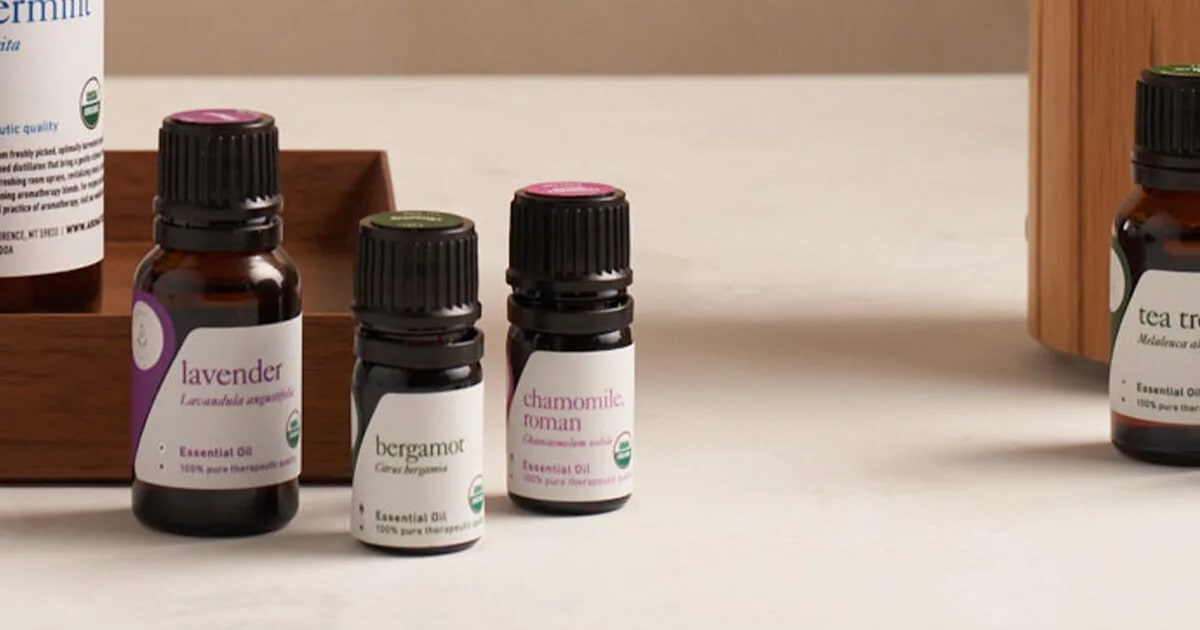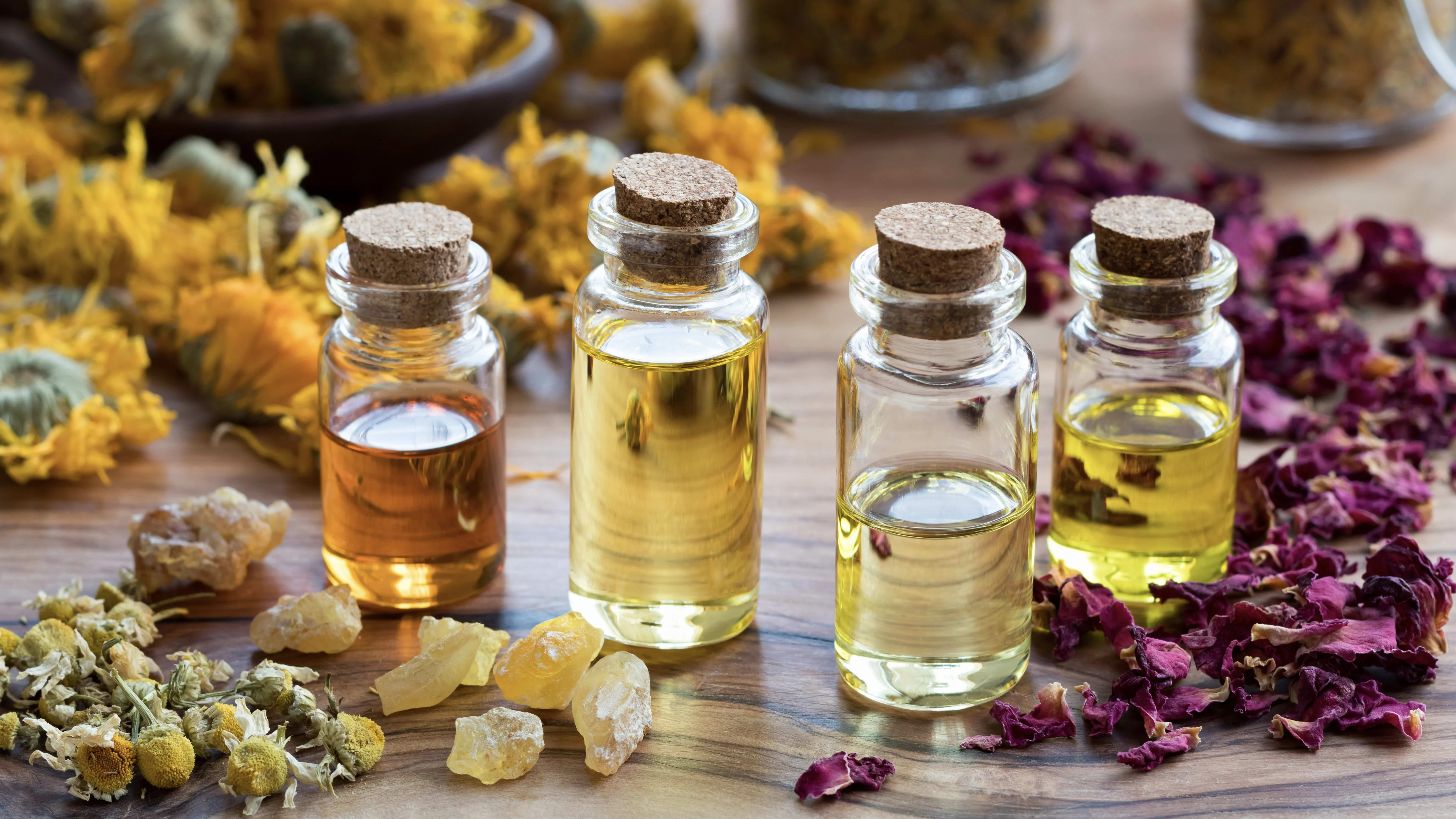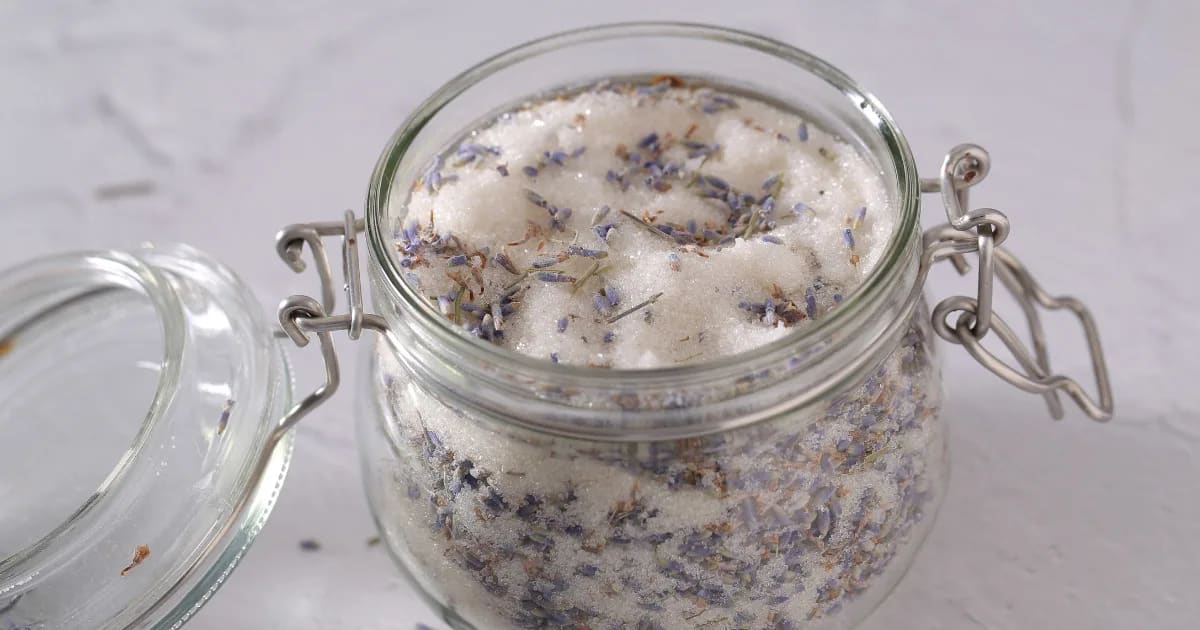How to Store Essential Oils to Prolong Their Shelf Life

How you store essential oils matters because of oxidation.
Essential oils are natural and plant-based. Since they’re organic substances, they’re prone to oxidation. How you store essential oils can slow down or speed up oxidation, affecting their shelf life.
Oxidation takes place when a molecule loses electrons.
This causes the molecule to become unstable, and eventually, the substance that’s oxidizing will break down.
What does this mean for essential oils?
It means an oxidized oil isn’t as potent as a fresh oil. In fact, an essential oil that’s too oxidized may cause irritation rather than offering therapeutic benefits.
That’s why essential oils have limited shelf lives. They don’t last forever.
Oxidation and essential oil shelf life
An essential oil starts oxidizing immediately after it’s produced. This doesn’t mean it’s immediately spoiled! It usually takes years for an oil to become so oxidized that it’s unsafe to use.
The period of time when an oil is fresh, effective, and safe is called its “shelf life.”
The day an essential oil is produced is the day its shelf life begins.
It’s important to store essential oils properly, so you can slow the rate of oxidation and prolong the shelf lives of your oils.
How to store essential oils to prolong shelf life
Three things speed up essential oil oxidation:
Light
Heat
Oxygen
Looking at the list, I bet you can come up with a few rules of thumb for how to store essential oils!
Store essential oils in a cool, dark place (away from light and heat), in closed bottles.
Most essential oils are sold in colored-glass bottles—usually amber or cobalt blue glass. This helps prevent light from getting to the oil and slows the rate of oxidation. The bottle’s orifice reducer also slows oxidation since it doesn’t allow much air to get into the bottle.
If you store essential oils well, how long will they last?
This number is different for each essential oil! That’s because each oil oxidizes at a different pace.
Citrus oils tend to oxidize quickly. They have very small molecules that lose electrons easily. Sweet Orange, for example, has a shelf life of 2 years from the date it was produced.
But Patchouli oil is made up of bigger, heavier molecules. It takes a long time for them to oxidize. A bottle of Patchouli oil has a shelf life of around 20 years from the date it was produced!
What about carrier oils and butters?
The same rules apply. They’re natural substances that are prone to oxidation.
Just like essential oils, each carrier has an individual shelf life.
Store your carriers in a cool, dark place, and keep the jars and bottles closed tightly.
Some carriers oxidize quickly, like aloe vera gel. It’s an unstable substance with a shelf life of around 2 years (assuming it’s stored in a cold, dark area in a closed bottle).
Other carriers are much more stable, like jojoba and beeswax. These substances are waxes—even jojoba, which is technically a liquid wax!—and they’re so stable that they don’t turn rancid. A bottle of jojoba or a jar of beeswax can last 20 years from when it was produced!
Get the most benefit out of every bottle!
Storing your products in a cool, dark place (and in closed bottles or jars) helps you get the most out of your aromatherapy collection. It keeps your products fresh and safe.
It also respects the planet! The longer your oils last, the less often you’ll have to replace them.





